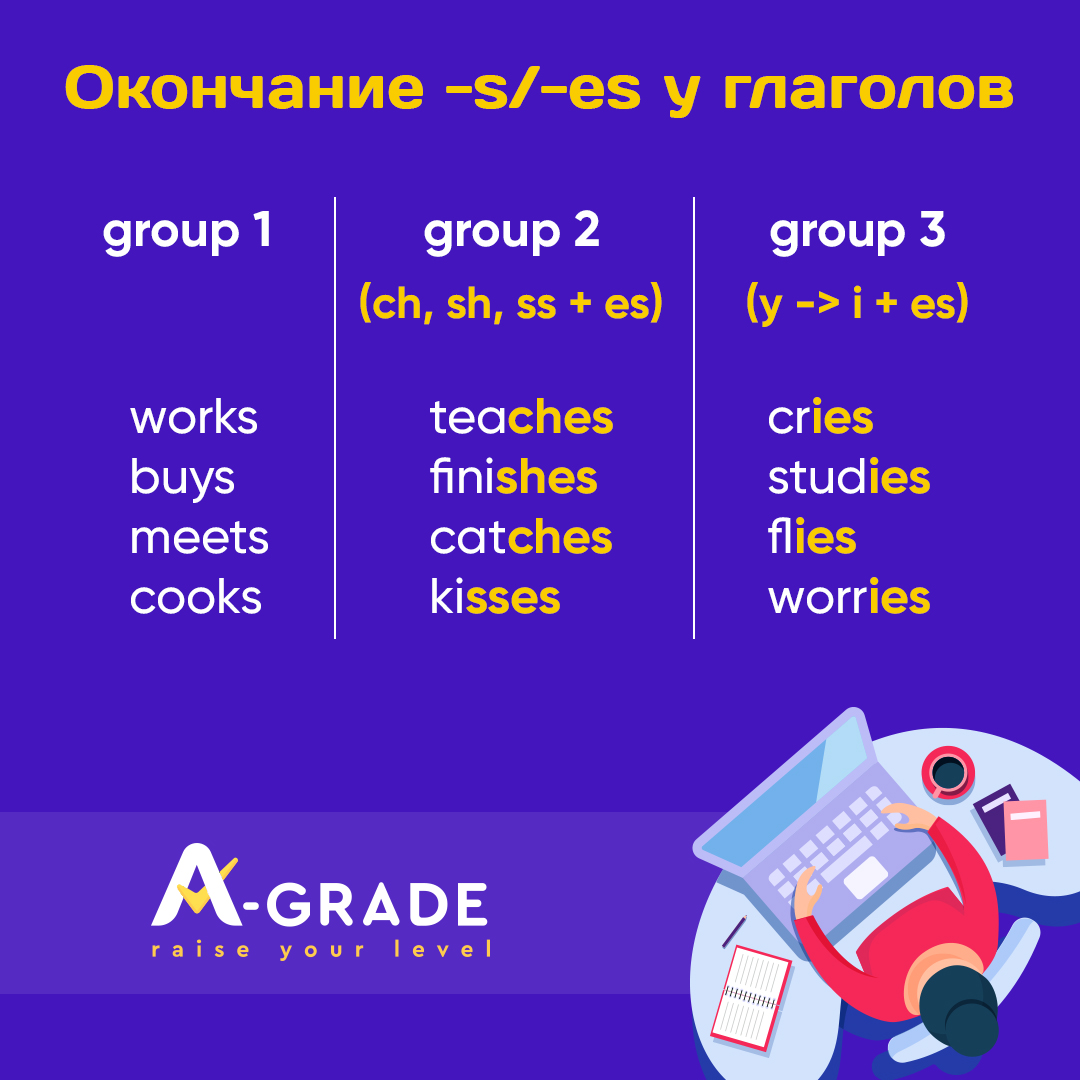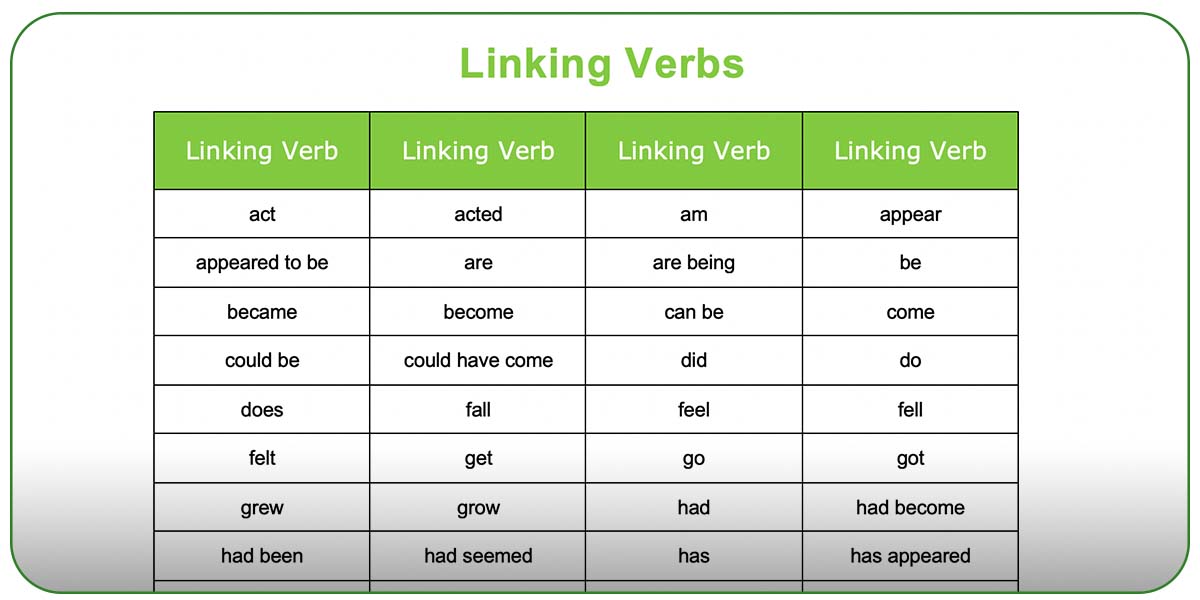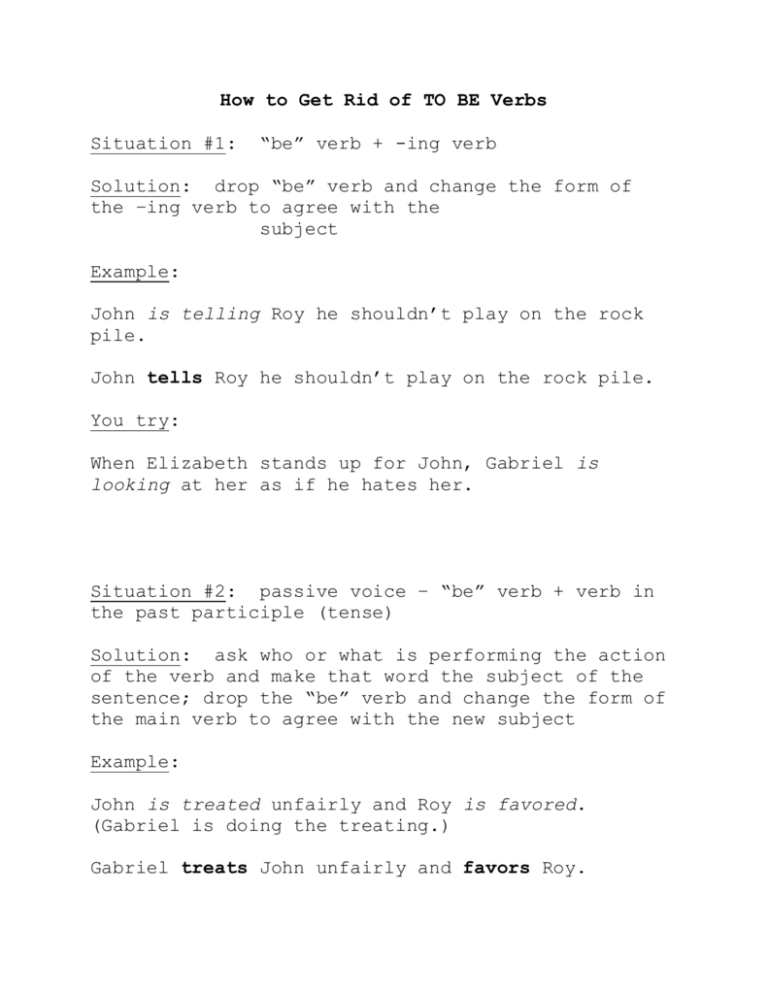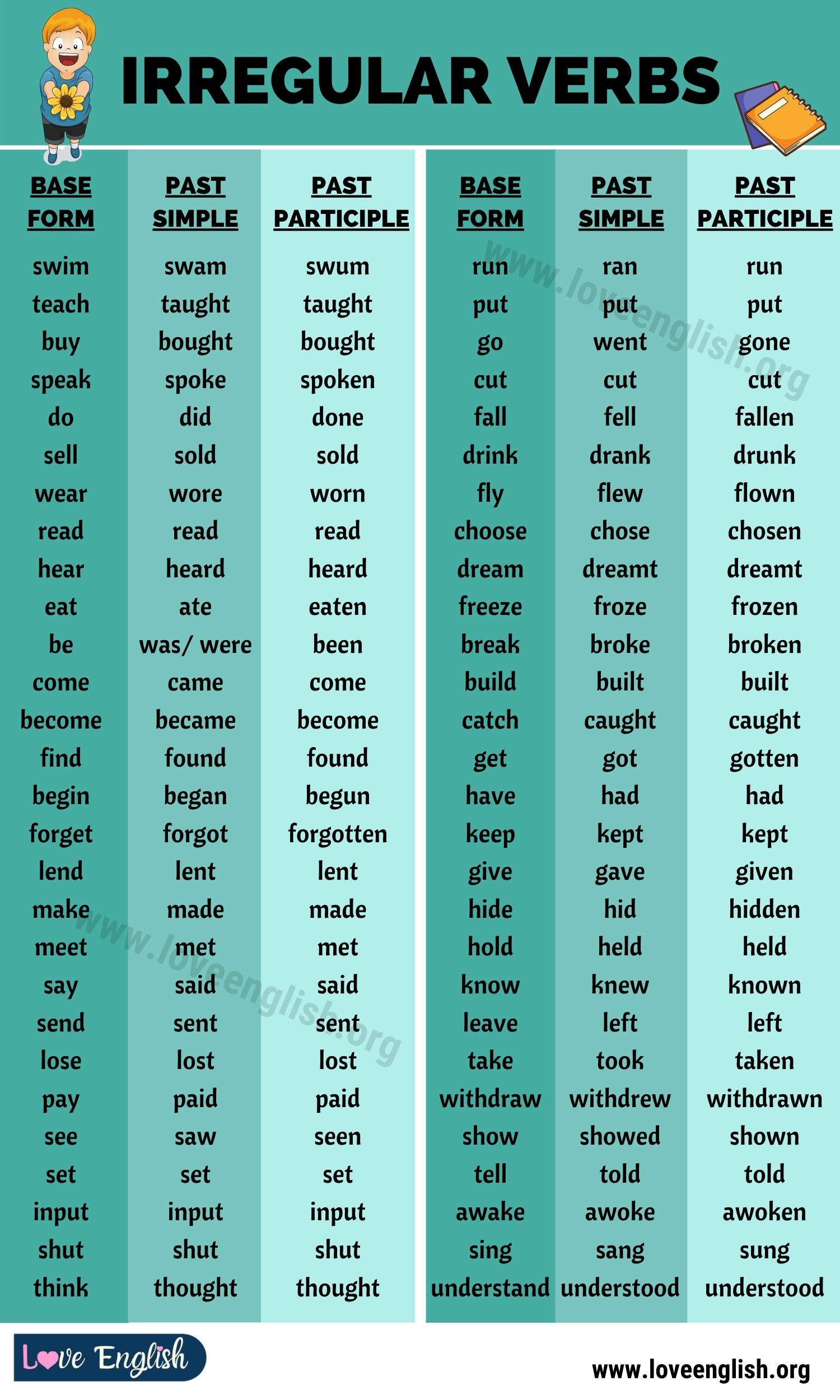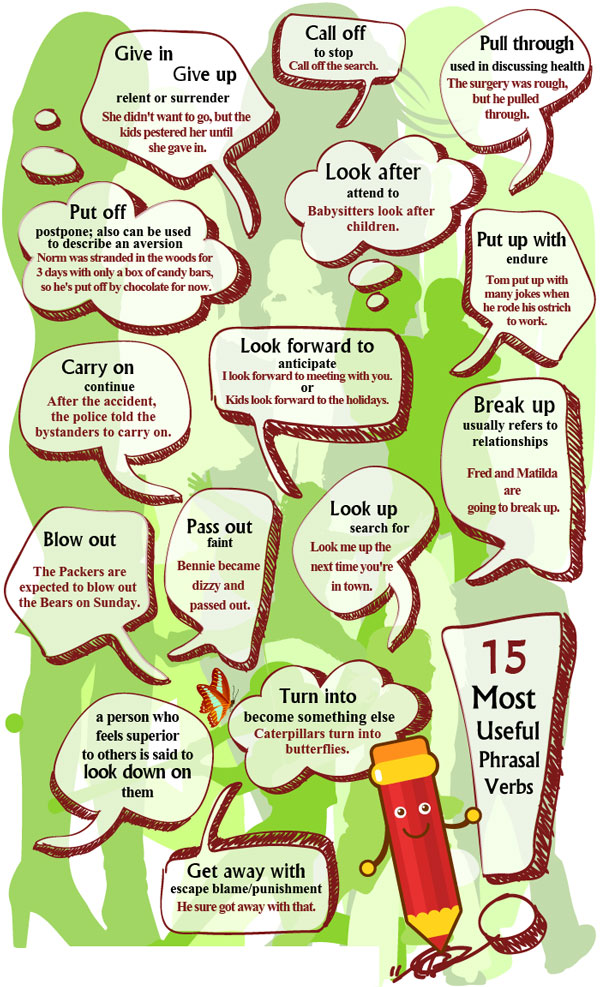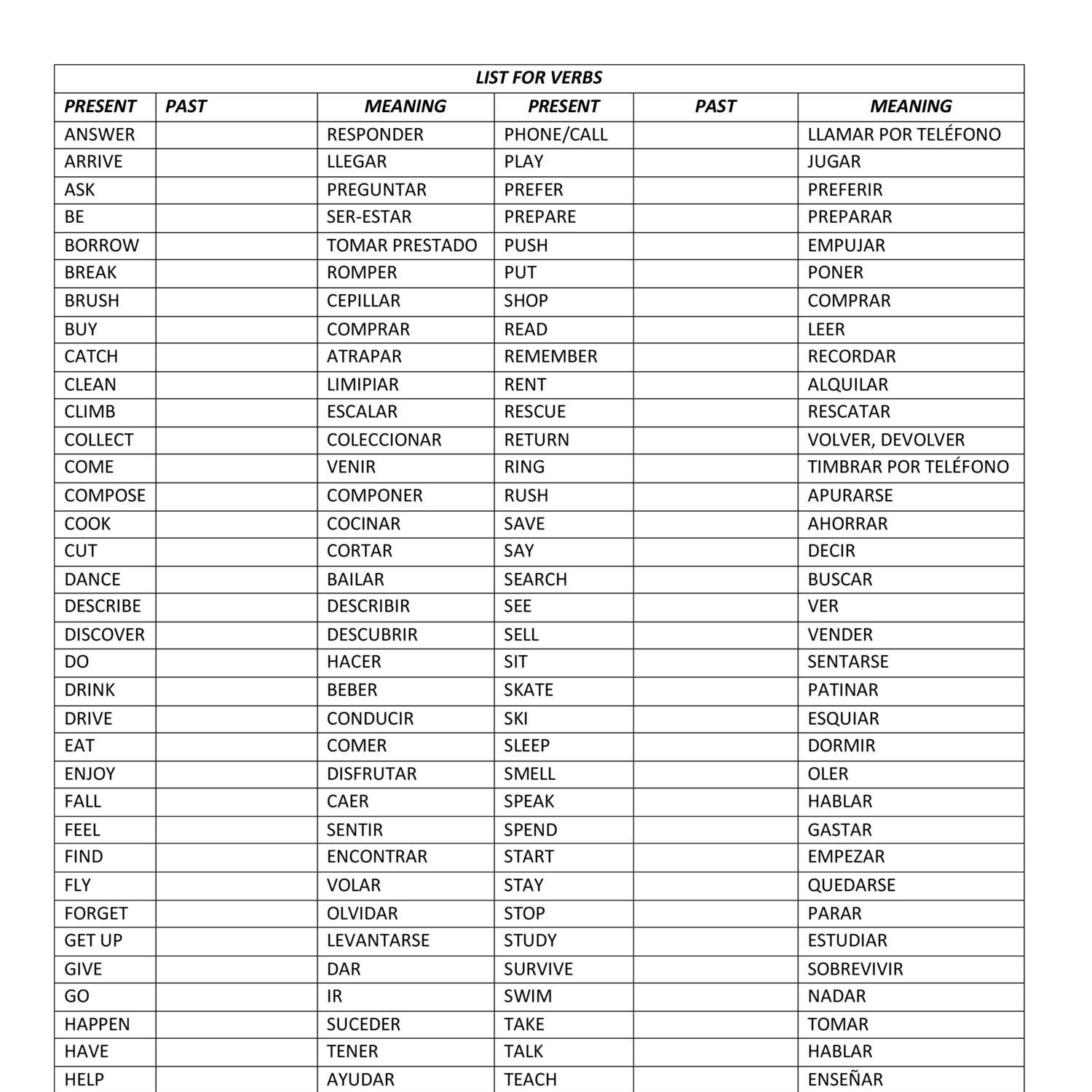Divine Tips About How To Get Rid Of Be Verbs
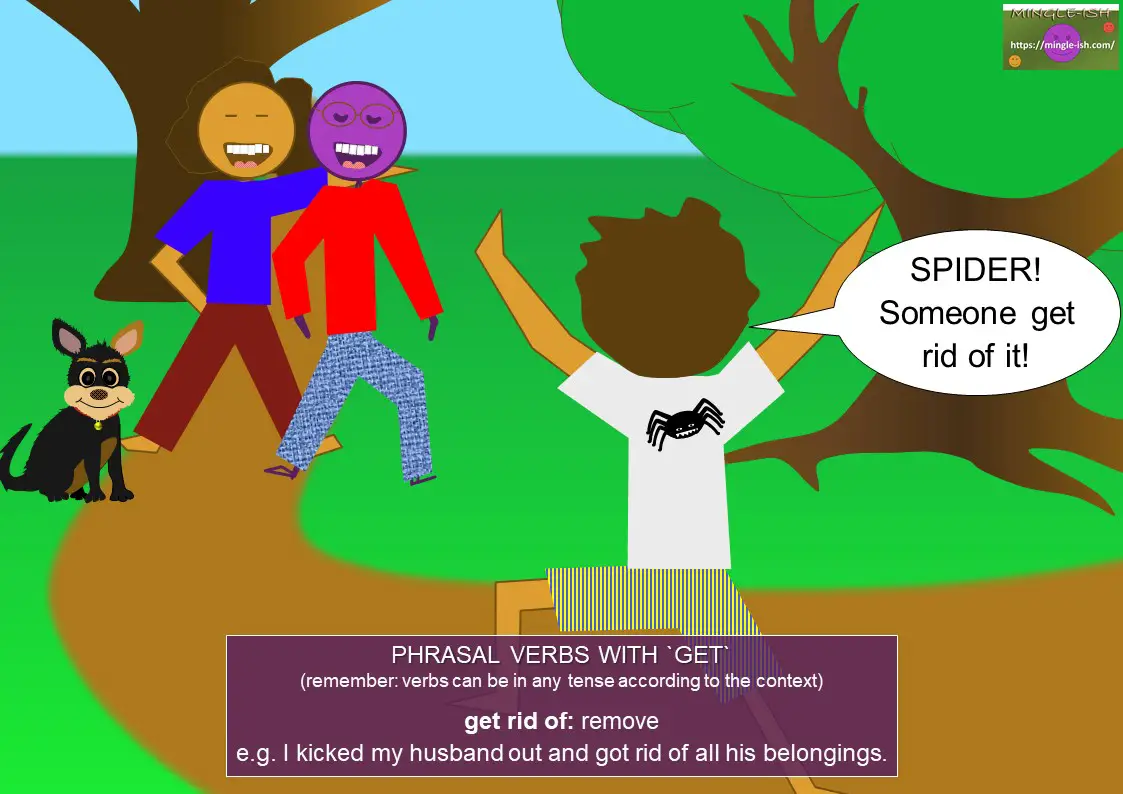
Overusing it will lead to boring writing, just as overusing any verb will lead to boring writing.
How to get rid of be verbs. By omitting the is in my daughter is. Follow the simple process below to help identify the “be” verb and find a stronger way to replace it. For this be verb lesson, review these strategies with students and provide them with handouts for easy reference.
Is, am, are, was, were, be, being, been are state of being verbs, which means that they unduly claim a degree of permanence. Where does one start? 100 ways to avoid “to be” verbs:
The verb to be is a good verb, in all its conjugations. One way of doing that is to eliminate instances of the verb ‘to be’ (including its past tense version ‘was’). Updated on december 14, 2022.
Including an explicit by the. Here are five ways to eliminate be verbs. Learn how to substitute with action verbs, rewrite sentences in the active voice, break up.
When a writer consistently uses unnecessary to be verbs, the writing can sound dull and lifeless. Eliminate (or at least, reduce) the passive: And you can't get rid of it unless you.
To help students eliminate the “to be” verbs, i’ve developed five strategies (see the detailed approach here) and specific lessons to apply each strategy. A word list for writers why should writers avoid to be in its various forms? Here are seven tips for how to eliminate the verb ‘to be’:
For example, the flight was cancelled by the airline. The verb be and the verb does are both auxiliary verbs. Circle every “be” verb in the paper, or use ms.
In the passive voice, the “actor” of the sentence is hidden. Where possible, rephrase passive sentences in the active voice (for example, the. To get out of bed.
Eliminate linking verbs in simple sentences. Eliminate “to be” verbs what’s so wrong with “to be” verbs? Writing & editing get rid of ‘to be’ with these tips writers rely too much on the tired verb “to be.” here’s how to eliminate it and put more zing in your stories.
The irregular verb to be is the most complicated of all the english verbs—and it just so happens to be the most used,. Eliminate linking verbs in simple sentences, and combine related sentences. Rid is an idiomatic predicate (the past participle of the verb rid, rid, rid) that combines with an auxiliary be.
